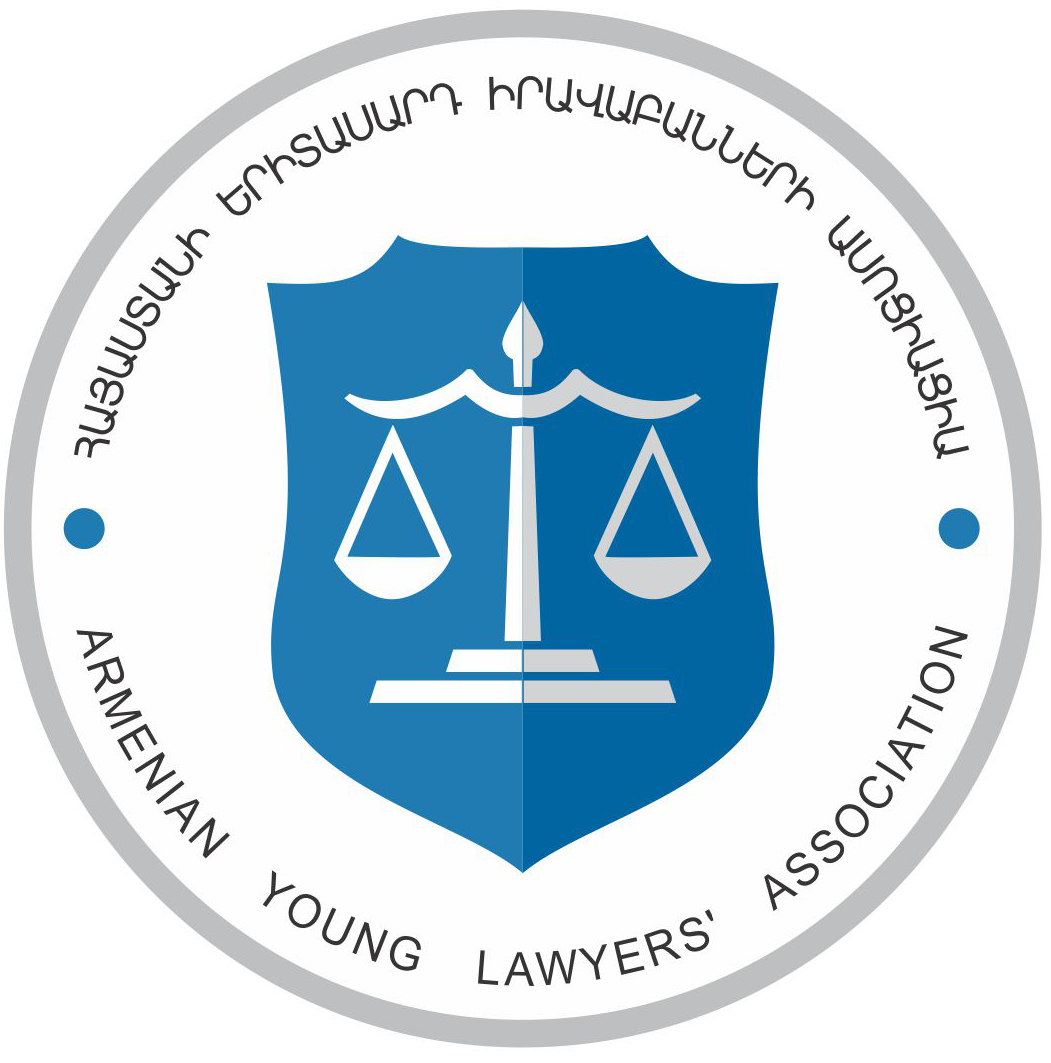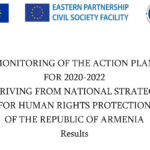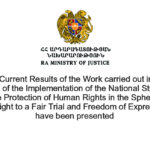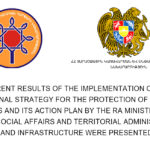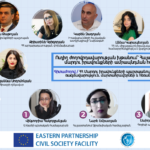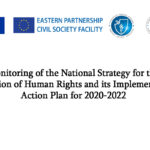Labor Rights and the Right to Social Security: What Commitments has the Armenian Government undertaken in these Areas?

As we know, labor rights and the right to social security are fundamental human rights, as enshrined in the Constitution of the Republic of Armenia, domestic law, and various international legal acts and laws. Freedom to choose employment and the labor rights are one of the most important pillars underlying decent and prosperous social conditions. And in the case of the exercise of the right to social security, the most important pillar is that everyone has the right to social security in case of motherhood, sickness, disability, accidents at work, the need for care, and the loss of a breadwinner, old age, unemployment, job loss and, in other cases. The “National Strategy for the Protection of Human Rights and its Implementation Action Plan for 2020-2022” provides for implementation of a number of reforms in the above-mentioned areas.
The above-mentioned reforms were implemented in the following way.
Labor rights
The objective of the Strategy and Action Plan is to improve procedures and mechanisms for the protection of labor rights, creating an effective institutional and legal framework for the protection of labor rights, as studies in the field show the workers’ rights are not fully protected in Armenia, and legislative gaps and incomplete regulations, in turn, lead to a number of problems. This is due to the lack of awareness of the mechanisms for protection of labor rights, as well as the low level of protection of workers’ rights.
legal framework for the protection of labor rights, as studies in the field show the workers’ rights are not fully protected in Armenia, and legislative gaps and incomplete regulations, in turn, lead to a number of problems. This is due to the lack of awareness of the mechanisms for protection of labor rights, as well as the low level of protection of workers’ rights.
It should also be noted that the absence of an extrajudicial body exercising state control over labor rights and legislation is also one of the main problems in the sector. In this regard, it is necessary to make appropriate changes in the RA Labor Code and other legal acts of the sphere in a short period of time, on the basis of which an extrajudicial body will be established, which will have the right to ensure the observance of working conditions, protection and maintenance of workers’ freedoms and rights, the elimination of violations of labor legislation and other legal acts containing norms of labor law and control over prevention. The media play an important role here, which should continue to inform the public about labor rights and ways to protect them.
The next major issue is the employment of unemployed people. Here, the state has an obligation and must create conditions for the employment of the unemployed. In this context, it is necessary to emphasize the measures envisaged by the action plan, taking into account the maximum realization of the potential of all able-bodied members of the society, which will contribute to the reduction of the unemployment rate.
The 2020-2022 Action Plan envisages the following 6 measures in the field of labor rights:
- Raise awareness of labor rights, including awareness of means for their protection.
- Define simplified labor relations regulations in accordance with international standards.
- Legislatively provide the introduction of a complete and effective system of state control over the fulfillment of the requirements of the labor legislation.
- Adopt a “National Program for Labor Safety and Health” in accordance with international standards and obligations.
- Legislatively define the general description of the criteria for determining the methodology and risk-based inspection of the Health and Labor Inspectorate, the checklist of questions included in the inspections.
- Legislatively improve the tools of activity of trade unions.
As a result of the above-mentioned actions, the number of cases of human rights violations will decrease greatly both in the public and private sectors. Violations of human labor rights as a result of the absence of a healthy and safe working environment will decrease as well.
The right to social security
 The measures taken by the Strategy and the Action Plan in terms of the right to social security are aimed to help clarify the criteria and procedures for providing social assistance, as well as increase state funding for it.
The measures taken by the Strategy and the Action Plan in terms of the right to social security are aimed to help clarify the criteria and procedures for providing social assistance, as well as increase state funding for it.
It should be noted that low pensions, difficulties in the process of providing pensions, evidences of confiscations from pensions, lack of accurate standards for assessing vulnerable families and families with young and especially minors, as well as the lack of legislative assistance to women of reproductive age make the situation of these groups in need of social assistance more vulnerable.
In order to fully and effectively address a number of social security issues, the state undertakes to make legislative changes and take concrete steps to increase funding for the sector, both through education and employment promotion for the poor and promotion of entrepreneurship.
The 2020-2022 Action Plan envisages the following 4 measures in the field of social security law:
- Increase the amount of state pensions.
- Legislatively envisage the procedure, conditions and mechanisms for supporting young families and families with children.
- Operation of a system for creating stable income for needy families.
- Development and operation of a subsystem to ensure the recalculation of the pension of a pensioner working on the basis of an online application.
As a result of the above-mentioned actions, it is planned to ensure a gradual increase in the average pension ahead of inflation, to increase marriages, birth rates, improve the social status of families with young children, support needy families to help them overcome poverty, and the retired employee will be able to submit the application for recalculation of the pension in a more simplified way through the online system.
Summing up, it should be noted that the legislative reforms envisaged in the mentioned spheres, clear mechanisms and tools envisaged by the Strategy and the action plan for 2020-2022 will contribute to the solution of a number of problems in those spheres, as both labor rights and social assistance are prioritized for achieving the following sustainable development goals of the United Nations,
- Promote sustained, inclusive and sustainable economic growth, full and productive employment and decent work for all.
- End poverty in all its forms everywhere.
- Reduce inequality within and among countries”.
This publication has been produced in the scope of the “Promoting Direct Democracy for Strengthening Human Rights in Armenia” project implemented in the framework of the “Eastern Partnership Civil Society Facility” project funded by the European Union
The contents of this publication are the sole responsibility of the fellow for the “Promoting Direct Democracy for Strengthening of Human Rights in Armenia” project and do not necessarily reflect the opinion of the European Union.
